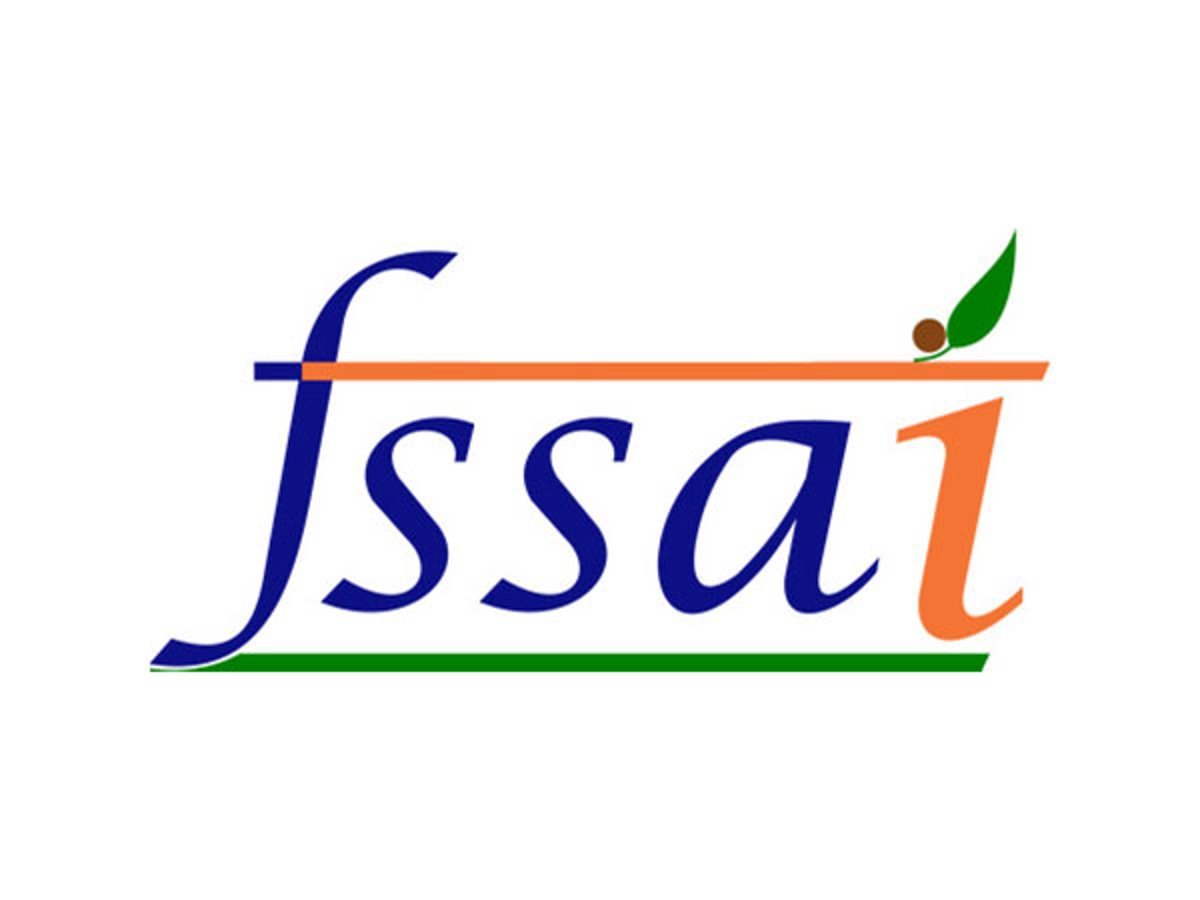NEW DELHI: India’s food regulator on Saturday approved a proposal to display nutritional information on total sugar, salt and saturated fat in bold and relatively larger font size on labels of packaged food products.
Currently, food companies in India are required to print basic nutritional information only on the back of the packaging.
But globally, food companies must comply with front-of-pack labelling, which has been proven to help reduce consumption of unhealthy foods and is a demand made by consumer rights groups in India too.
The Food Safety and Standards Authority of India (FSSAI) has taken the decision to approve amendments to the Food Safety and Standards (Labeling and Labelling) Rules, 2020 relating to labelling of nutrition information, in the 44th meeting of the food authority.
The proposed amendments notification will be made public for inviting suggestions and objections.
“The amendments aim to enable consumers to better understand the nutritional value of the products they consume and make healthier choices,” FSSAI said in a statement.
“Information regarding the percentage contribution to the Recommended Dietary Allowance (RDA) per serving for total sugars, total saturated fat and sodium content is given in bold. Rules 2(v) and 5(3) of the FSS (Labeling) Rules, 2020 prescribe the requirement to include serving size and nutrition information respectively on food labels,” the statement added.
The changes will enable consumers to make healthier choices and contribute to efforts to combat the rise of non-communicable diseases (NCDs) and promote public health and well-being.
“Prioritizing the development of clear and distinguishable labelling requirements will aid global efforts to combat NCDs,” it added.
“It’s a small step,” Dr Arun Gupta, chair of National Advocacy in Public Interest (NAPi), a national nutrition think tank made up of independent medical experts, paediatricians and nutritionists, and who has argued that all packaged foods should be labelled with salt, sugar and saturated fat content on the front of the pack (FOPL), told The News.
He added that this “does not align with, and should not replace, the much-needed FOPL (high sugar, high salt and high fat warning labels).”
“This information should be provided in advertisements for foods high in sugar, salt and saturated fat. It is therefore imperative that an HFSS definition be introduced as soon as possible, which will make a rational and meaningful contribution to combating the rise in obesity and diabetes,” he said.
“To this end, efforts to tackle rampant marketing are needed,” he said, adding that the World Health Organisation (WHO) has recommended strong policies to protect children from the harmful effects of food marketing.
Sachin Taparia, founder of LocalCircles, a leading community social media platform in India, said he had urged the FSSAI in January to make the red bar mandatory on the front of packaging of ultra-processed and HFSS (high fat, high sugar and high salt) foods as seven in 10 consumers surveyed had demanded the same.
“After several follow-ups, what FSSAI has proposed is a small step in the right direction but falls short of consumer expectations,” he added.
“FSSAI should not hesitate to make RED FOPL mandatory for HFSS foods as it will encourage the industry to come up with healthier alternatives, which will lead to improved health for the nation, which is the need of the hour,” Taparia told the paper.
FSSAI officials said they issue advisories from time to time to prevent false and misleading claims.
This includes a recommendation to remove the term “health drinks” submitted to e-commerce websites as the term has not been defined or standardised anywhere in the FSS Act 2006 or the rules/regulations made thereunder.
It also issued a directive requiring all food business operators (FBOs) to remove the claim “100% fruit juice” from the labels and advertisements of reconstituted fruit juices, use of the term wheat flour/refined wheat flour, advertising and marketing of ORS with prefixes and suffixes, nutritional function claims of multiple source edible vegetable oils, etc.
These recommendations and directives are issued to prevent misleading claims by FBOs.
The meeting, held under the chairmanship of Union Health Minister Apurva Chandra, was attended by senior officials from various ministries including Commerce, Consumer Affairs, Food & Public Distribution, Law and Micro, Small and Medium Enterprises. Members from states and union territories, as well as representatives from industry associations, consumer organisations, research institutes and farmer organisations were also present.

